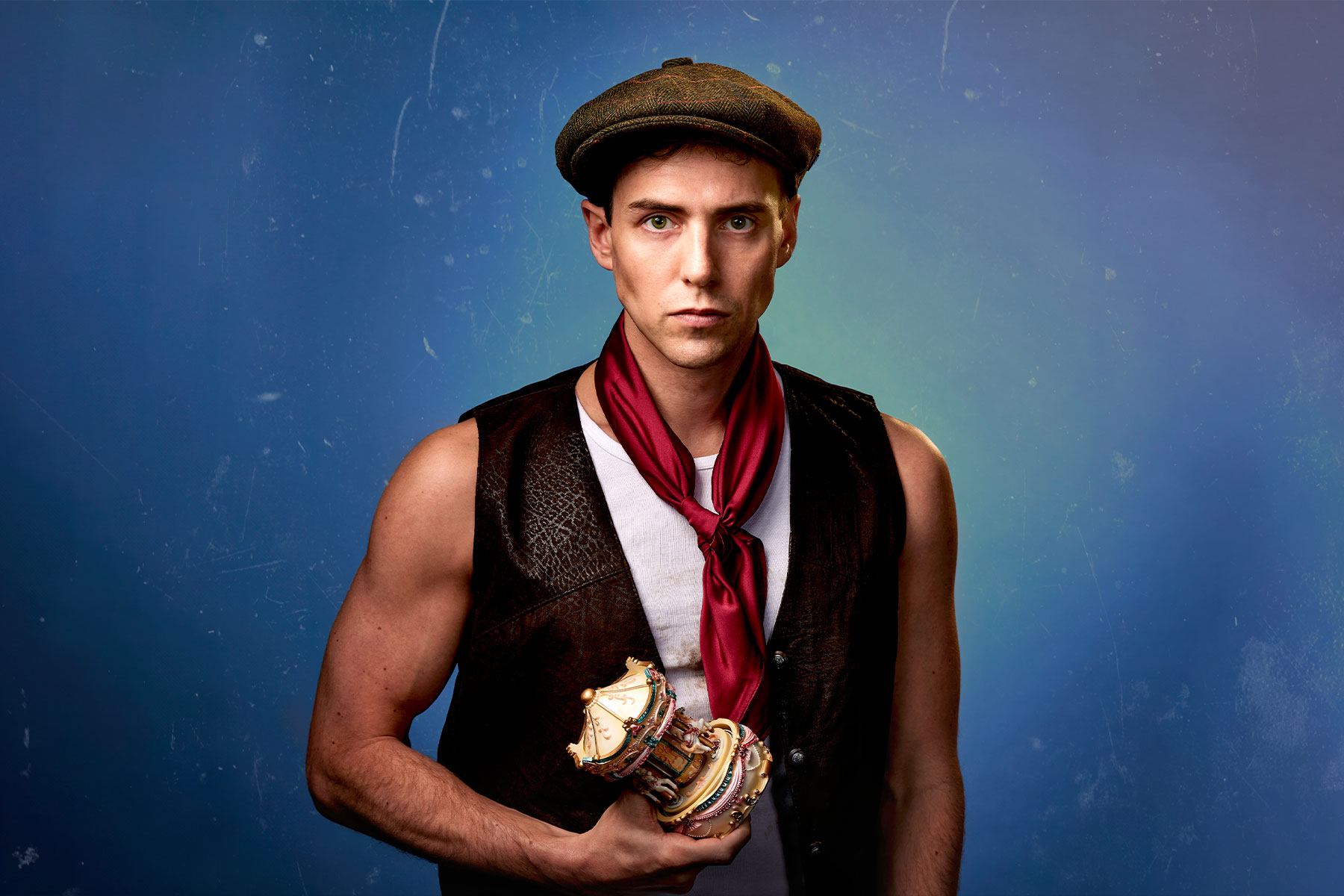The Sunshine Boys
What a treat, to have Danny DeVito, a folded-in-half version of Richard Griffiths, but much livelier and more puckish, and Griffiths himself, who’s grown even bigger and more bloated than Moby Dick, in Neil Simon’s brilliant 1972 Broadway comedy about two old vaudevillians – “The Sunshine Boys” – forced into a reunion.
These guys, both widowers, loathe each other and have not worked together since a bust-up on the Ed Sullivan show twelve years previously. Willie Clark (DeVito) is living in a dowdy Manhattan residential hotel. Al Lewis (Griffiths) comes up from New Jersey, where he lives with his daughter.
Willie’s agent, and his nephew, Ben Silverman (Adam Levy), has brokered a booking on a CBS special about the history of vaudeville in which the pair will revisit one of their famous sketches.
The second act in Thea Sharrock’s nifty production opens with that sketch, Hildegard Bechtler’s higgledy-piggledy hotel room design surprisingly transformed to a sparse television studio surrounded by a silver curtain, with a comedy stooge (William Maxwell) in a bad hairpiece and an unidentified skeleton.
Willie has a heart attack, probably as a result of taking a keen interest in the voluptuous, mini-skirted nurse (Rebecca Blackstone) bending provocatively over his desk notes. “She’s a Virginian, that’s where she’s from,” says Willie. “She’s not going back,” says Al, slowly, rolling his tongue and slicking back his hair with a careful hand.
Griffiths uses his hands a lot, especially when countering Willie’s litany of deceased colleagues in the columns of Variety with corrective, labyrinthine updates. He’s still at it as the curtain falls. By then we’ve seen the sketch in its gruesome entirety, and guessed at a possible post-script in the actors’ home at New Brunswick.
This is a play as much about growing old, and getting lonely, as it is one about the end of variety, and the world of comics in the Catskills that Simon helped translate into television comedy and chat shows. Willie is a sad, fading figure at the end – it’s really his, and DeVito’s, play – attended by a jolly, big black nurse (Johnnie Fiori) whom he listlessly tries to seduce while sinking into his own legend.
The play resonates with wonderful cross-talk and gag-spinning, from the minute DeVito hears his kitchen kettle whistling and picks up the telephone receiver with a bemused “Hello.” And it has a dying fall.
DeVito capers like a dwarfish devil, a madcap professor, an irascible uncle (his nephew brings him packet soups and his copy of Variety every Wednesday), encapsulating most movingly that sense of tigerish desperation that old performers visit on their agents.
Every day, a senescent John Gielgud, who had nothing to prove, and no need of more money, would ask his agent about work and possibilities. Here, DeVito’s Willie, who resembles a pint-sized Milton Shulman in his truculence and horn-rimmed specs, is still asking about “blacking up” for a Broadway musical, or landing an ad for Alka Seltzer: “I’ve got a terrific face for a stomach upset.”
– Michael Coveney
Come on our hosted Whatsonstage.com Outing on 26 June 2012 and get a top-price ticket and our EXCLUSIVE post-show Q&A with director Thea Sharrock and the cast – PLUS, free signed show posters for first 25 bookers – all for the INCREDIBLE price of just £36.50! (Normally up to £58.50 for ticket alone.) Click here for details.










